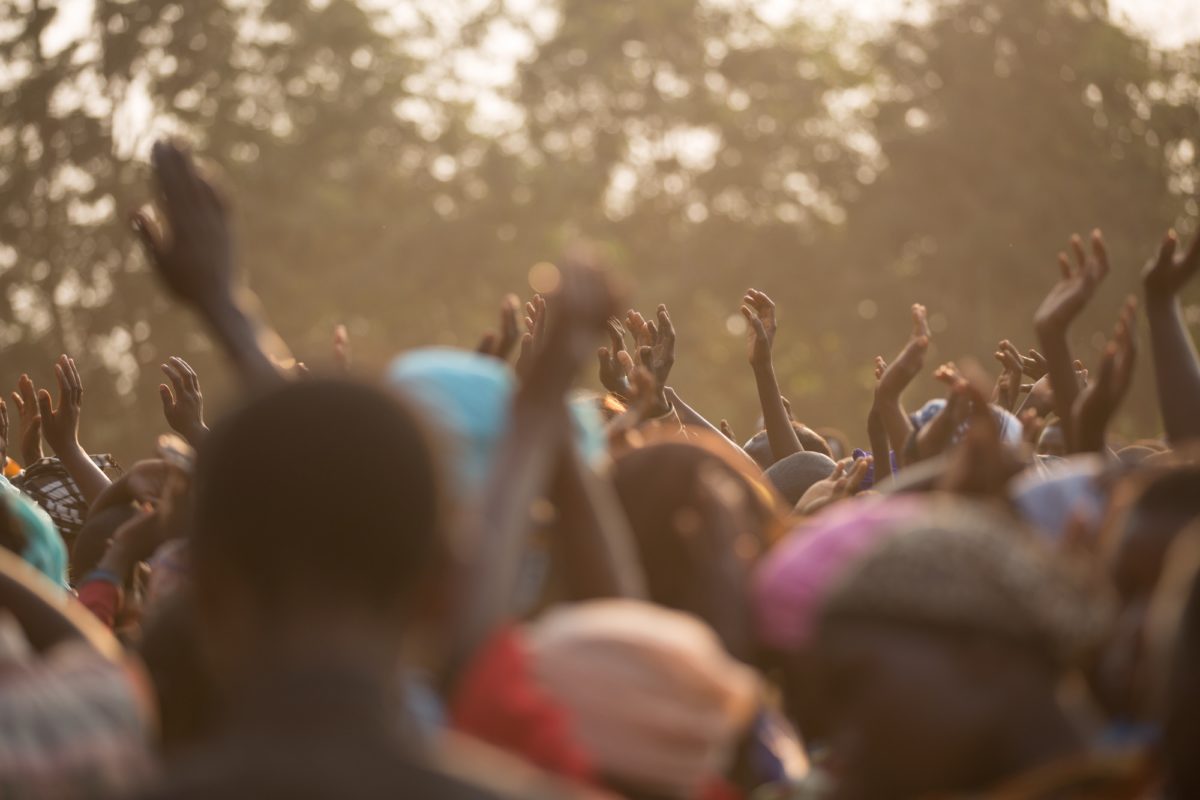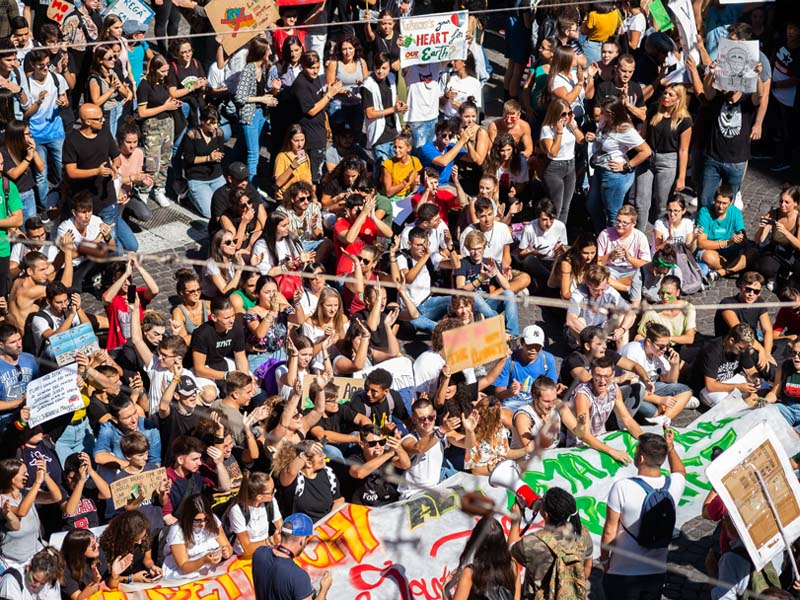Five things to consider for your next program implementation.
When the UN passed the landmark Security Council Resolution 1325 20 years ago, it was hailed as a means to recognize and promote women’s roles in the prevention and resolution of conflicts. Two decades later, it begs the question, what have we done to involve women in peace processes? And what do we still need to do? Despite ample evidence that women’s participation improves the peace outcomes, positive examples of including women remain sporadic.
Women’s substantive roles in the Colombian peace process helped to bring an end to half a century of armed conflict and have been praised as “essential to building and sustaining peace.” Libyan women have turned to using their phones to keep advocating for peace and for the overall welfare of their communities during the COVID-19 pandemic. While in Yemen, women have mediated over water disputes, to release detainees, and to support the transfer of critical medical supplies, all during active armed conflict.
Despite these and other cases, women’s engagement in peace and security is neither sufficient nor systematic. On average, women have accounted for merely 13 percent of negotiators and only six percent of peace mediators and signatories worldwide. To better advance meaningful participation of women in peace and security, here are five reminders for the international development sector to “walk the talk”:
- Find her. Continue to expand the participation of women beyond the educated, English-speaking, and elite. This includes grassroots women, women outside of capital cities, and women from different ethnic and religious groups—the exact mix must be context-specific. Develop or deepen mutually beneficial relationships with local women’s organizations and networks, including rural ones, to help identify appropriate candidates with diverse skills and viewpoints.
- Value her. Women need meaningful roles in peace processes, not just a symbolic place at the table. Empowering women includes advocating for their meaningful participation, clarifying their roles in advance, mitigating challenges when they emerge, and promoting their successes to help normalize women’s involvement in mediations and negotiations.
- Support her. Provide interactive, holistic technical assistance to help new peacebuilders navigate and negotiate in these spaces and effectively communicate their ideas to public officials. This can include a blend of group trainings, one-on-one mentoring sessions, and guidance documents provided in advance. Create security plans and follow existing guidance on keeping women safe during peace negotiations. And actively listen to participating women to revisit how their needs may change over time.
- Prepare him. Identify male champions who can, also with training as needed, provide women peacebuilders with valuable context and introductions and reinforce the messages that women put forth. By becoming allies at the peace table, men can both advocate for women peacebuilders as well as promote why gender-sensitive policies and agreements are valuable for everyone.
- Institutionalize it. Funders and implementers cannot just rely on one gender focal point person for women, peace, and security (WPS) implementation but need to diffuse gender sensitivity and WPS-specific expertise across programs and operational areas. Find ways to promote learning through trainings, joining or forming communities of practice, and engaging with global WPS expertise.
We have a powerful opportunity now with U.S. agencies having released concrete implementation plans to involve women in their peace and security efforts. But for these and other initiatives to bear fruit in substantive ways, we need to abandon the “check-the-box” mentality—priding ourselves at counting how many women were at the table—and ensure women’s participation is meaningful, diverse, and results in lasting change.
Monica Makar is a Project Associate in Dexis’ Implementation Management Solutions division, where she supports field projects in East Africa. Prior to her role at Dexis, she was a Program Officer at the International Civil Society Action Network where she supported women-led civil society organizations in conflict-affected countries focused on countering violent extremism through grants, technical assistance, and strategic advice. Monica served as an executive committee member of the U.S. Civil Society Working Group for Women, Peace and Security from 2018-2019.
Photo by JACQUES Pierre/hemis.fr





